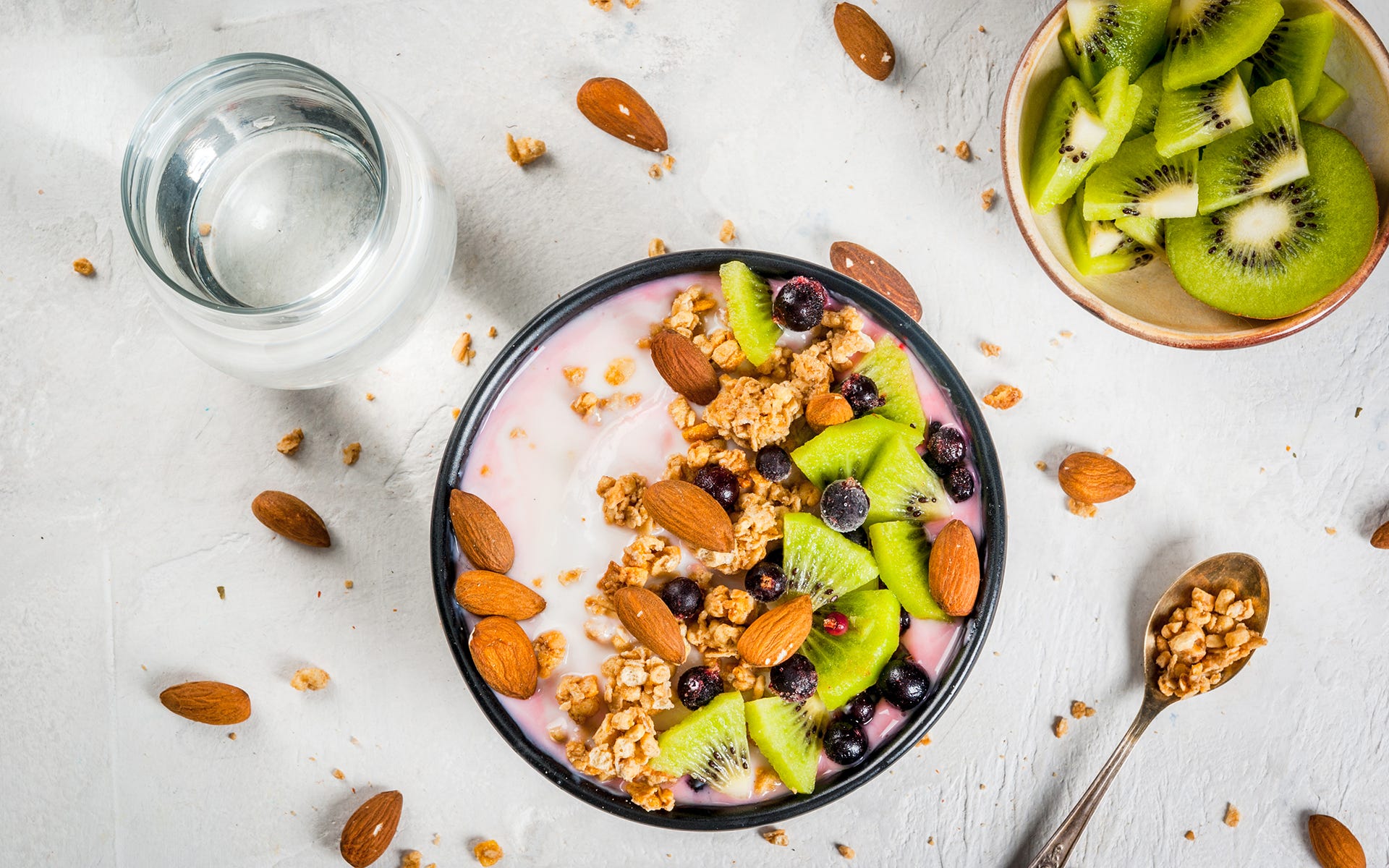
How To Get The Most Out Of Your Multivitamin
First up, let’s just say it - nothing beats a healthy diet. One that has a balanced intake of vegetables, fibre, unrefined carbohydrates, protein, and healthy fats. However, in reality, many of us lead busy lives and have little time to really prepare what we eat. In fact, ABS data1 reveals that many Australians are not consuming a healthy daily intake of fruit and vegetables, with ‘only one in twenty (5.4%) adults [meeting] both the fruit and the vegetable recommendations’.[1]
If you are considering adding a supplement to your diet for a little extra support, a multivitamin may be a convenient way to fill in those dietary gaps where your intake might be lacking. It’s also a great option to ensure you are not missing out on any of those important nutrients. Some multivitamins also contain B group vitamins, which help to assist with energy production and vitality.
However, it’s not just as simple as swallowing a little tablet and hoping for the best. Swisse expert, David Cannata, explains how you can get the most out of your multi.
Timing is everything…sort of
Some factors should be considered when taking a supplement, such as the type of supplement you’re taking and the time of day you take it. David says, “water-soluble vitamins are best taken in the morning, while there are other supplements which work better if taken in the evening, and it is recommended that both vitamins and minerals be taken with food. Calcium, iron, and zinc should be taken at least two hours apart from each other and away from coffee, tea, and high-fibre foods.”
Got that? Phew! If you’re looking at adding a multivitamin to your diet, then it’s best to take one tablet in the morning, alongside your healthy breakfast, as formulations which contain B vitamins help to support energy production. If you forget then that’s okay, you can also take one tablet in the afternoon with lunch.
To eat, or not to eat?
Here’s what David has to say: “It’s recommended that you take a multivitamin with a meal, especially if you’ve got a sensitive stomach. Taking a multivitamin on an empty stomach can sometimes cause nausea, due to minerals like zinc. Plus, it’s also easier to remember to take it every day when you do it as part of a regular activity, like with your breakfast or lunch.”
And finally…
It’s important to remember that taking a multivitamin is just one small piece of the puzzle for maintaining positive health and wellbeing. Don’t forget the other important lifestyle factors which are conducive to good health, including a healthy diet, getting enough sleep, regular exercise, and minimising stress. It’s all part of your holistic health picture.
Always read the label and follow the directions for use.
1. https://www.abs.gov.au/statistics/health/health-conditions-and-risks/national-health-survey-first-results/latest-release
